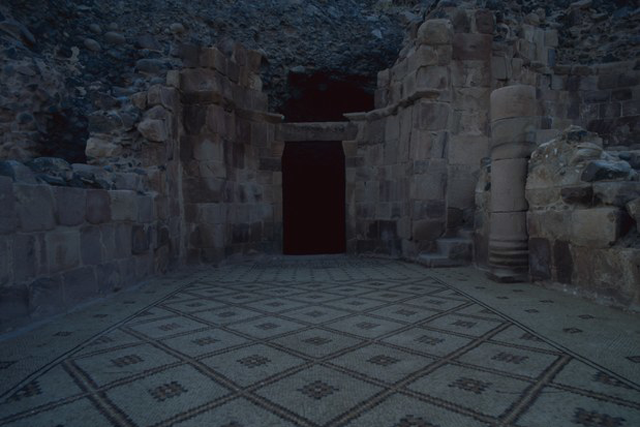You are here
Archaeologist finds new meaning for ancient word
By Saeb Rawashdeh - Oct 10,2019 - Last updated at Oct 10,2019

AMMAN — Different names and quantities of cereals found in cuneiform texts from 4,000 years ago served as data for a Danish scholar to arrive at an understanding of a specific word: Burrum.
“Burrum is an Akkadian word found in cuneiform texts from the Jazirah of Syria and Iraq, dating from 2000BC, with an unclear meaning,” Rune Rattenborg from the University of Durham told the Jordan Times in a recent e-mail interview. He also noted: “We know a great deal about cereal crops from this time, both from extensive archaeo-botanical research on ancient plant remains found during excavations, and also from cuneiform texts, where the crops that people cultivated are often mentioned.”
The Akkadian words for cereals like barley, various strands of wheat, chickpeas, lentils, peas and pens are well known, Rattenborg said, adding reference to vetch (Arabic biqiyah or kirsannah) can also be found which was used to feed animals, especially cattle.
“Such fodder was still used in Jordan for cattle until very recently,” he said.
The word burrum traditionally was interpreted as a type of wheat, but his review of the texts, specifically corpus in which burrum appeared, led him to believe that word probably means “cleansed grain”, most likely barley grains whose husks have been removed.
“I demonstrate that there are comparable words in Arabic and Hebrew similar to the Akkadian word burrum, with a meaning of ‘cleaning’ or ‘hand-picking’ grains. This interpretation fits better with the picture provided by the cuneiform texts that I was looking at,” Rattenborg explained, adding that “the study came about as a discussion of already-published cuneiform texts and a review of other research on plants and plant use in the Middle Bronze Age Jazīrah.”
Rattenborg wrote his doctoral thesis in archaeology on agriculture and food in the Bronze Age Middle East and hopes to do further research on these matters in the future.
Related Articles
A fifth of the land planted with cereals in Karak Governorate is infected with the cereal leaf miner, a worm that infests wheat and barley among other grains, officials said on Sunday.
Almost 5 per cent of the land planted with wheat and barley in the country has been infected with the cereal leaf miner, a worm that infests grains, a government official said on Saturday.
AMMAN — During his long and successful career, Greek archaeologist Konstantinos Politis studied the southern Ghor and the site Deir ‘Ain ‘Ab
















